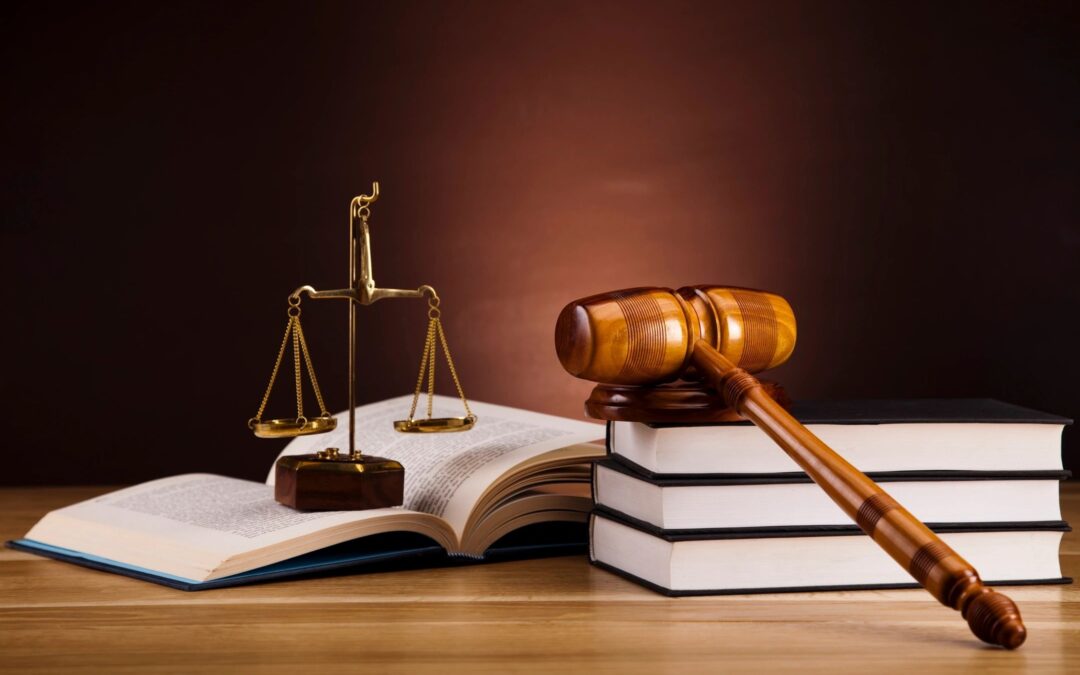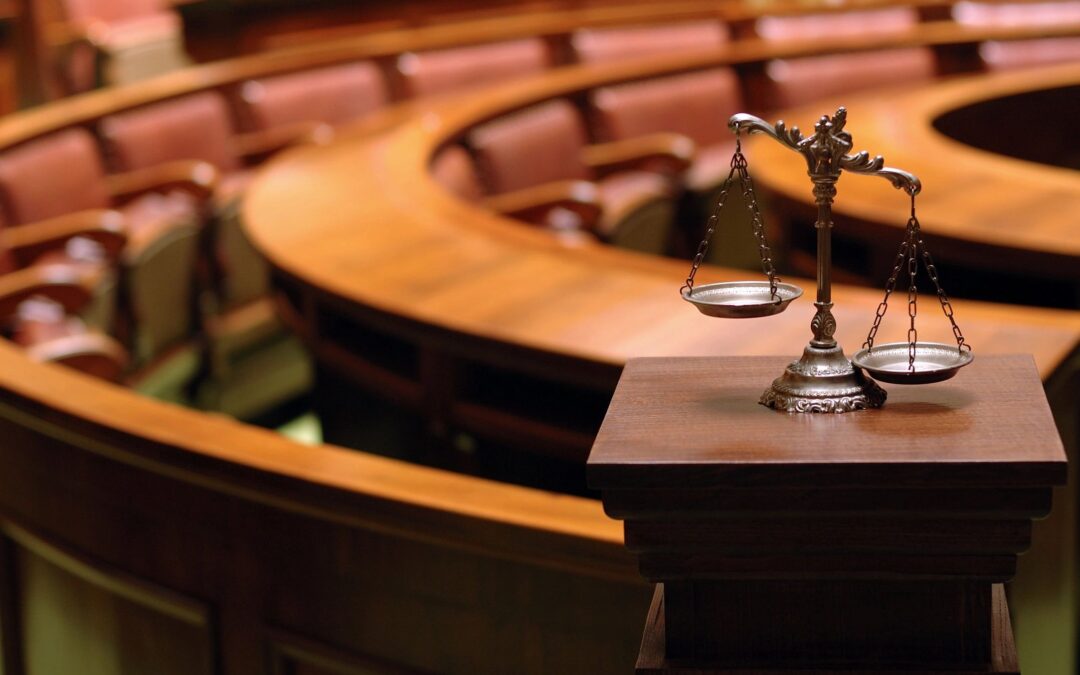
by Matthew Johnson | Jul 18, 2025 | PTAB News, PTAB Trial Basics, Trial Institution
By Hannah Mehrle and Matt Johnson – Coke Morgan Stewart, the acting director of the United States Patent and Trademark Office (“USPTO”), exercised discretion under 35 U.S.C. § 314(a) to deny Tessell’s (“Petitioner’s”) petition in favor of Nutanix (“Patent...

by Matthew Johnson | Jul 16, 2025 | Pharmaceutical, PTAB News, PTAB Trial Basics, Trial Institution
By Nicole Prescott,* Phillip Shelton, and Matt Johnson – In a recent decision, the Patent Trial and Appeals Board (“PTAB”) exercised its discretion under 35 U.S.C. § 314(a) to deny institution of an inter partes review (“IPR”) after applying the Fintiv factors,...

by Carl Kukkonen | Jul 9, 2025 | Prior Art Issues, PTAB News, PTAB Trial Basics, Trial Institution
By Carl Kukkonen – On May 1, 2025, the Patent Trial and Appeal Board (PTAB) denied institution of inter partes review (IPR) of U.S. Patent No. 11,140,841 in the case of Aardevo North America, LLC v. Agventure B.V. The patent in question, owned by Agventure,...

by Anthony Insogna | Jul 8, 2025 | PTAB News, PTAB Trial Basics, Trial Institution
By Anthony Insogna, Sarah Geers, Matt Hertko, Andrea Jeffries, Gasper LaRosa, Jason Winchester, and Matt Johnson – The Situation: Under a new U.S. Patent and Trademark Office (“USPTO”) policy issued in March 2025, pre-institution inter partes review...

by S. Christian Platt | Jun 10, 2025 | PTAB News, PTAB Trial Basics, Stay, Trial Institution
By Sabrina Bellantoni & S. Christian Platt – The Patent Trial and Appeals Board (“PTAB”) recently denied institution of an inter partes review (“IPR”), exercising its discretion under 35 U.S.C. § 314(a) and Apple Inc. v. Fintiv Inc., IPR2020-00019 (PTAB Mar....

by Matthew Johnson | Jun 6, 2025 | PTAB News, PTAB Trial Basics, Trial Institution
By Matt Johnson – The PTAB has published its monthly statistics wrap up for April 2025. As expected, those statistics show a significant decline in the institution rate compared to the first six months of the fiscal year. In those first six months, the overall...







